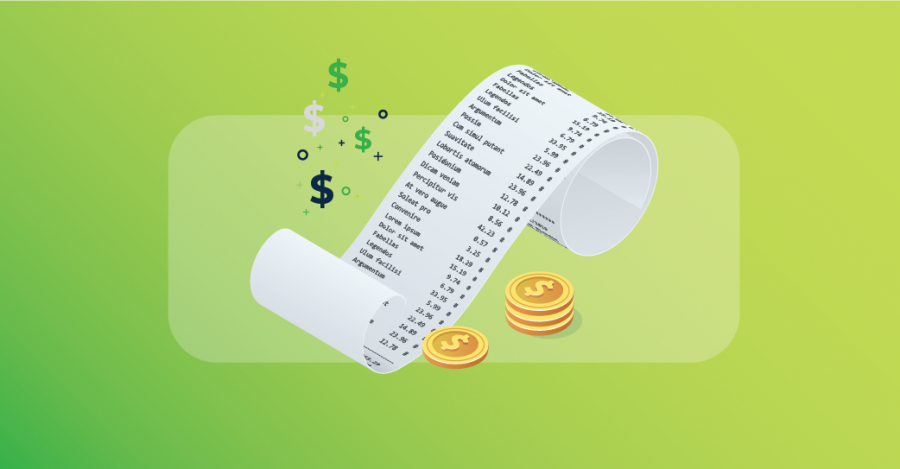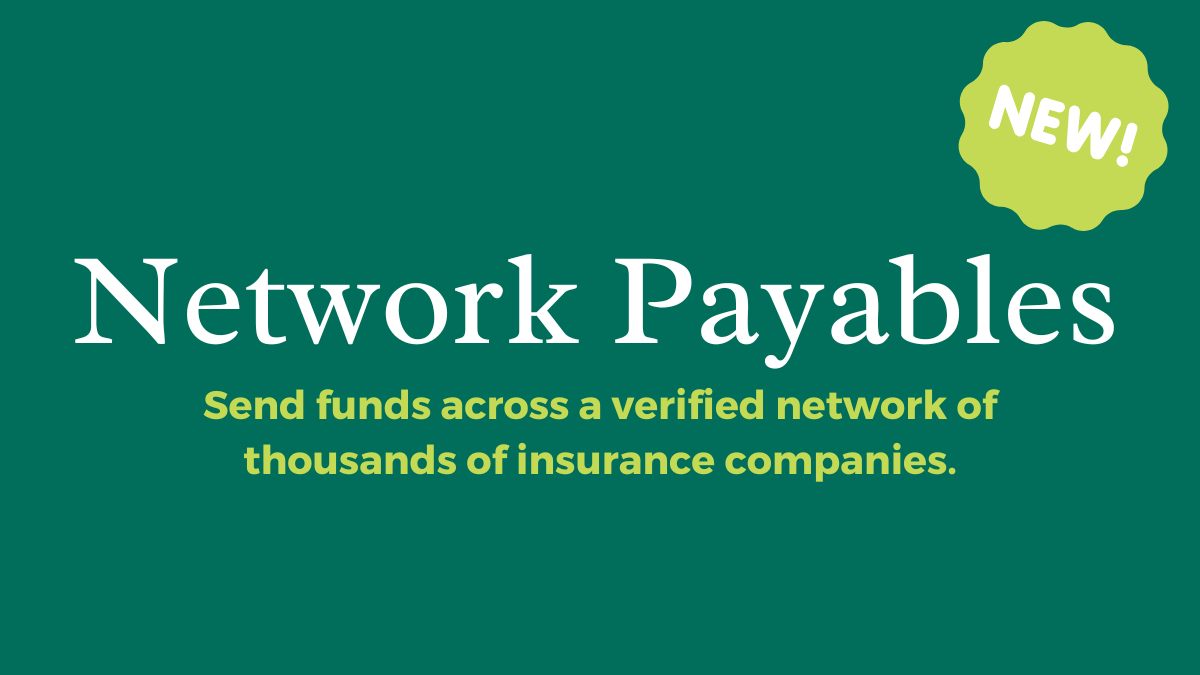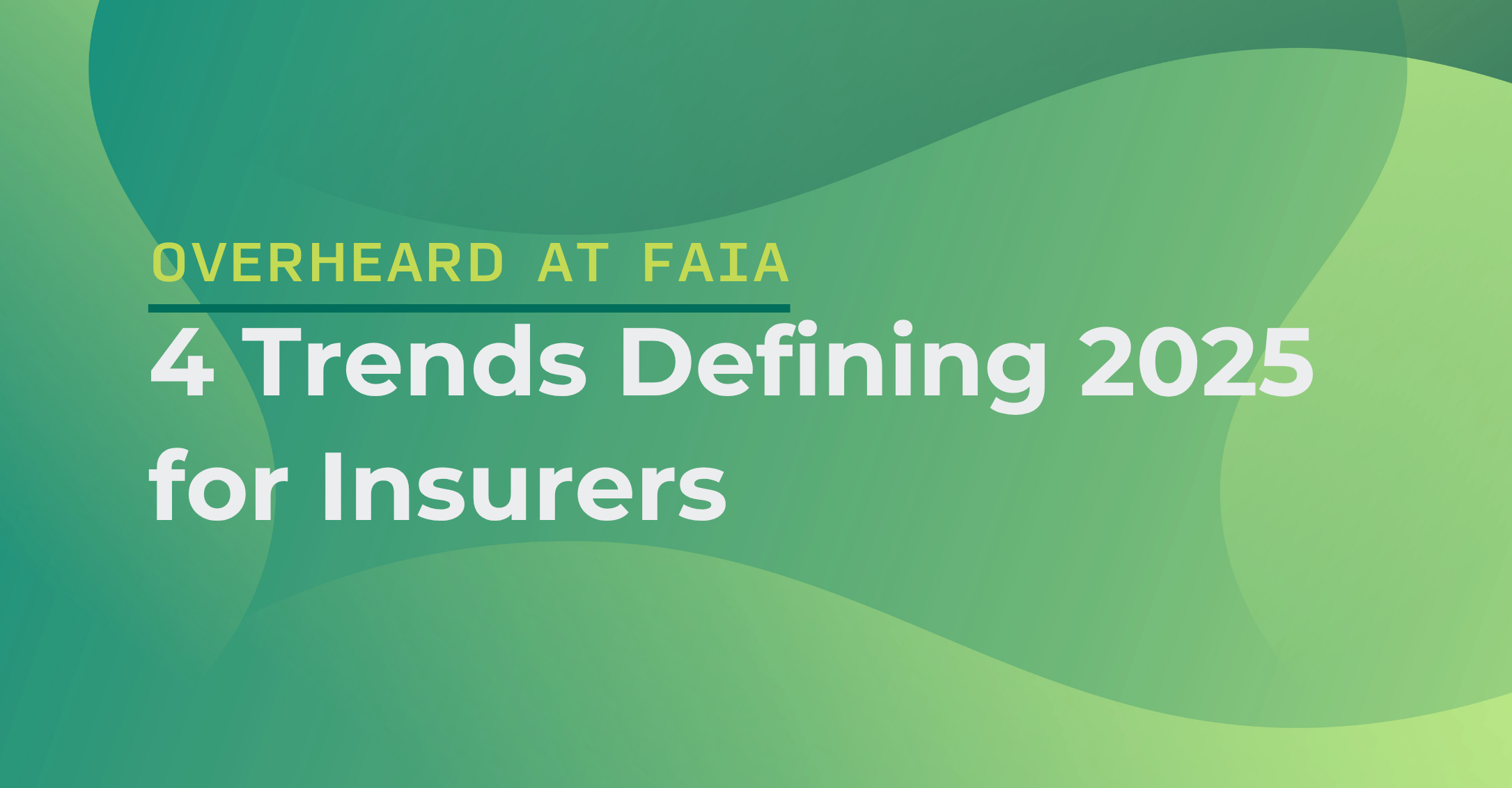In your office, do you send coworkers letters instead of emails? Do you hand-write invitations to meetings and deliver them to everyone’s desk? Do you post physical to-do lists on everyone’s office door? Then why would someone hand-write and mail paper checks?
How Much Are Checks Costing Your Insurance Agency?
In the digital age, people avoid paper materials due to the inefficiencies. Physical transactions waste time and money, create the possibility for confusion, and are an unnecessary use of resources. Now, 80% of businesses are seeking ways to convert paper checks into digital payments.
So, are paper checks outdated? Yes. In fact, it’s possible for banks to consider them “stale” after only a few months. The Federal Reserve Study estimated 28 billion checks were processed in 2009 with a decline of 1.2 billion every year since. At this rate, they estimate paper checks will become extinct by 2026.
While the need for paper checks is shrinking, the cost is not. In a study conducted by the Aberdeen Group, $7.78 was the average cost of a paper check, while Bank of America reports a cost of $4 – $20 factoring in mailing and processing. Bottomline showed processing a check costs a business ten times more than an ACH transfer, and receiving a check costs five times more than an ACH payment. That’s a lot of money being spent on receiving money.
Let’s Talk About The Customer Experience
Customers crave flexibility, convenience, and speed. Paper checks cost them all three. They don’t want to reach for a checkbook, pen, envelope and stamp before running to the mailbox just to make a payment. The same Federal Reserve Study states paper check usage has decreased by 7.2%, and debit and credit card payments have increased by 8.9%.
We live in a world where there are online services for everything. Customers want and need, to be able to pay for their insurance from anywhere at any time. Slow payment systems like the paper check increase wait times and add the layer for human error to the process.
The Security Risks That Come with Paper Checks
Paper checks increase the customers risk for fraud and identity theft. In its 2015 Deposit Account Fraud Survey, the American Bankers Association says that check fraud accounted for 32 percent of the industry’s $1.91 billion in losses in 2014. The sheer number of times a check must be passed from hand to hand while it is being processed means there is less and less security available. This also implies an increased risk for your agency to even receive the payments.
The mail itself offers little security, and someone could easily steal the bank account and routing numbers for an account from a physical check. Your customers trust you with their largest assets and the safety of their banking information. Digital processing creates a secure environment to receive payments and keep accurate records while eliminating these risks.
The Environmental Impact
A growing consumer concern over the last decade has been the environment and our negative impact on it. Customers like to know the companies they do business with are green-conscious.
Take paper receipts for example. Have you noticed a trend of customers saying no to printed receipts and receiving them electronically? People view paper checks as equally not preferable. The check creation process involves water, gas, trees, and releases greenhouse gases. Once the check is processed, it will most likely end up in a landfill, adding to more waste. Moving to a greener, digital solution will not only create positive PR but will have a powerful effect on the environment.
Have questions on how you can move away from paper checks? Reach out and schedule a demo to learn why ePayPolicy is the simplest solution for you to collect credit card and ACH payments for your insurance agency.
Studies used for this posting include…
The 2019 Federal Reserve Payments Study
2019 AFP Electronic Payments Survey
What is Check Fraud
- Steve Millerhttps://epaypolicy.com/blog/author/steve-miller/
- Steve Millerhttps://epaypolicy.com/blog/author/steve-miller/
- Steve Millerhttps://epaypolicy.com/blog/author/steve-miller/
- Steve Millerhttps://epaypolicy.com/blog/author/steve-miller/




